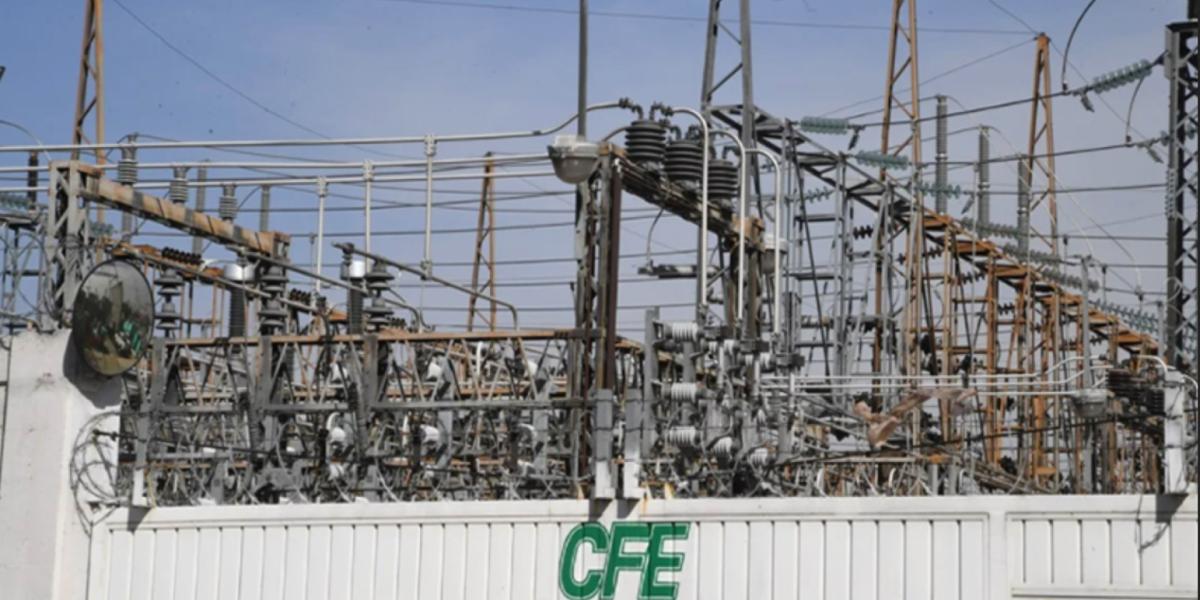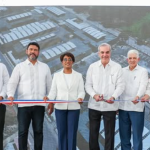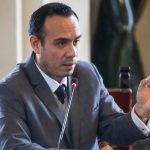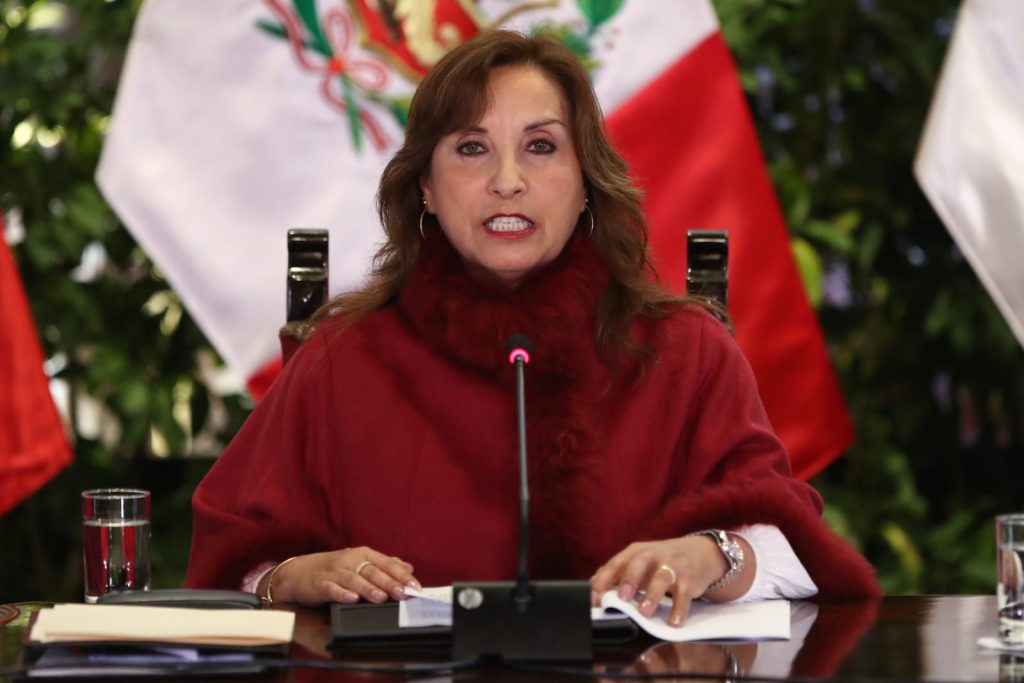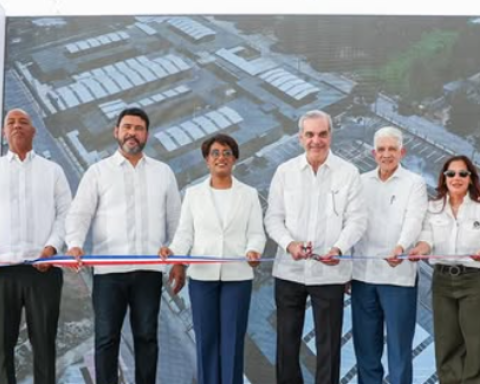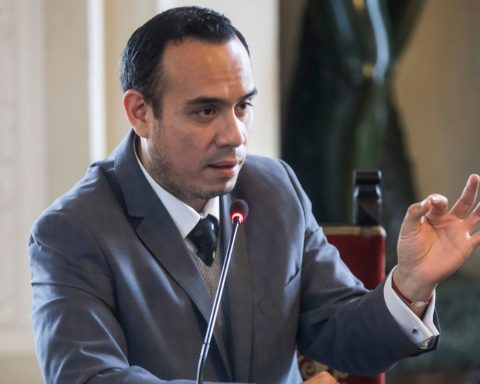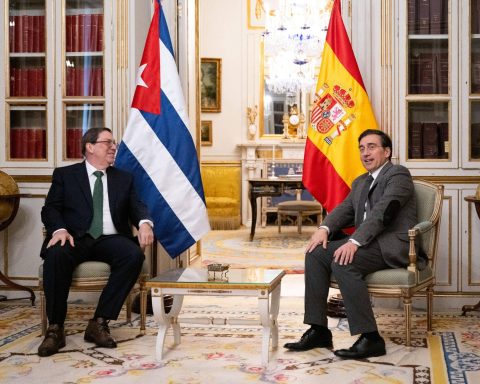After the approval this Wednesday of the constitutional changes that reverse the energy reform of 2013 and limit private investment in electricity, in business instances they are already looking forward, with the expectation of having clear rules to operate within the new limits proposed.
In accordance with the new reform on strategic industries – endorsed by the qualified majority of Morena and allies in the plenary session of Deputies and pending approval in the Senate -, leaving aside electrical transmission and distribution, individuals will be able to participate in the other activities of the industry, but “in no case will they take precedence over the State public company.”
Although this mandate still needs to be finalized in secondary laws – which must be defined within a period of 180 days after the reform is published – the government of Claudia Sheinbaum has explained that in practice the prevalence of the state company (the Federal Electricity Commission , CFE) will mean that it will hold 54% of the electricity generation market and the private contribution will be capped at 46 percent.
For him Mexican Energy Council (Comener), which brings together various business voices in the sectorAlthough this is a limit that did not exist, the fact that it is regulated is a first step to achieve the legal certainty necessary for the “urgent” investments required by the sector to flow.
“It does give us certainty from the start (the 54%-46% scheme). We will have to see the business models for it to land. Whether it will be through some public-private partnership or what type of contracting, but we will have to see how investment will be attracted and greater legal certainty will be provided,” said Juan Acra, president of Comener.
Although the reform reverses part of the opening in energy that was achieved in 2013Comener is optimistic about the commitment that President Claudia Sheinbaum made to the energy transition and clear rules for investment from her first message to the nation.
Juan Acra trusts that, if secondary legislation is clear, there will be room for more investments to arrive and generation capacity to be strengthened to accommodate nearshoring.
“Institutional strengthening is very important in the CFE, but what we are looking for is for there to be an even floor. “That in the new market percentages there be free competition and clear rules for private companies and for the State company so that we can attract investment to build all those plants that are required in the country,” he said.
They seek lobbying
For now, Comener, which has as partners the Business Coordinating Council, the National Single Energy Associationro the National Chamber of Cargo Transportationamong many others, is already looking for bridges of dialogue with legislators, towards the definition of the secondary laws of the reform.
“With legislators we have part of the strategy, we are seeing how we are going to lobby, but we still need to do so. We have had talks with some, to see how we can influence to make the modifications,” says Juan Acra.
“We have great faith that this is going to be the six-year anniversary of Energy. My sector is very excited about the arrival of the Dr. Sheinbaum. She is a woman who is very prepared in the matter and we will be able to talk to each other face to face,” he concluded.
